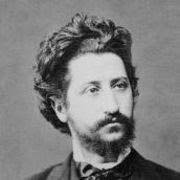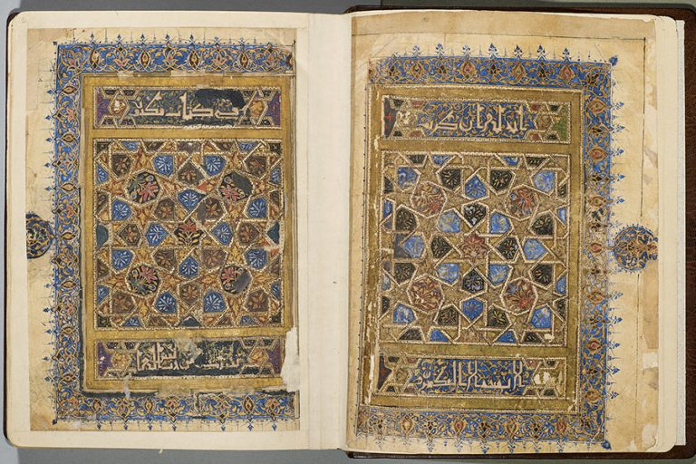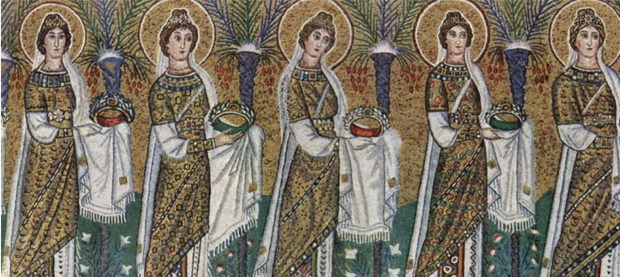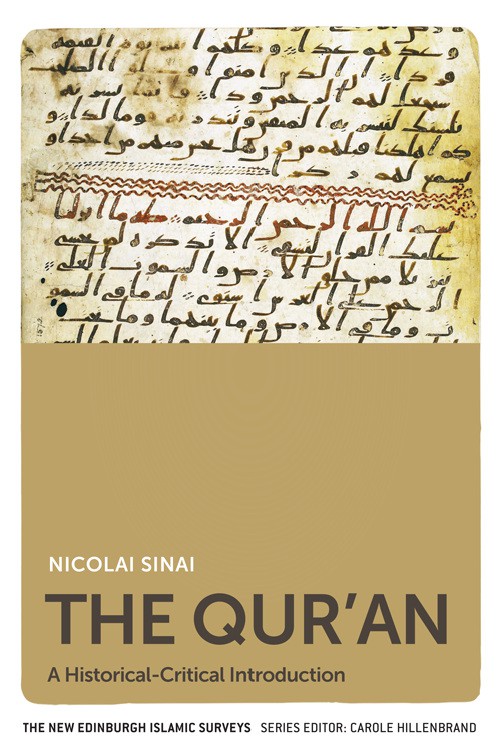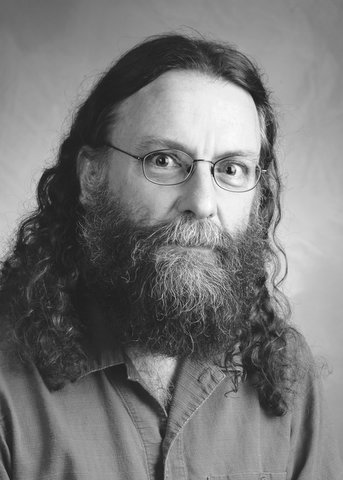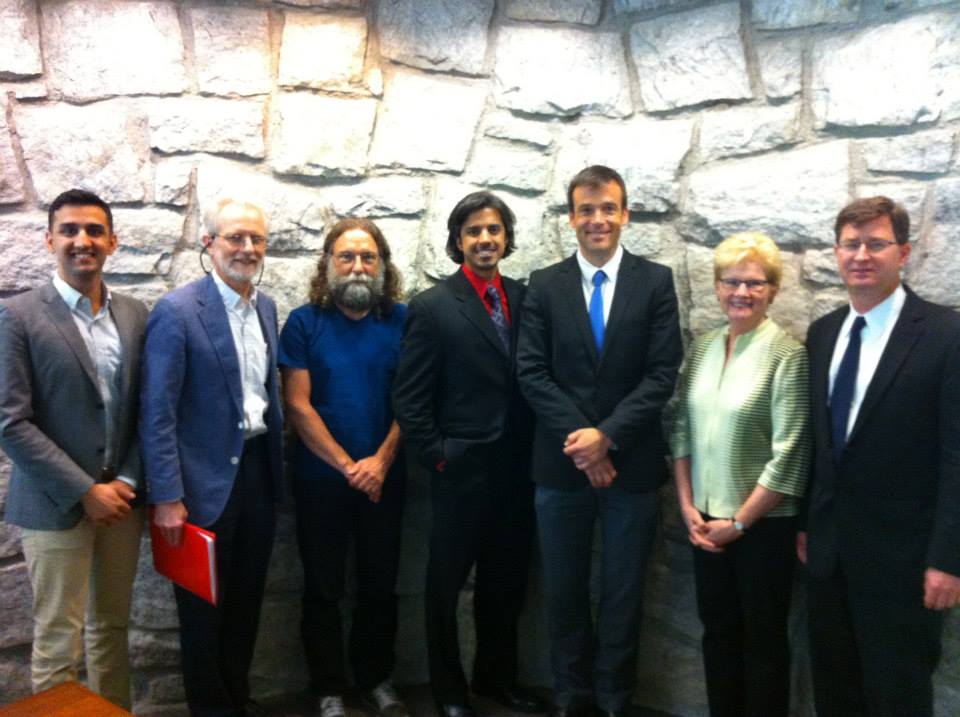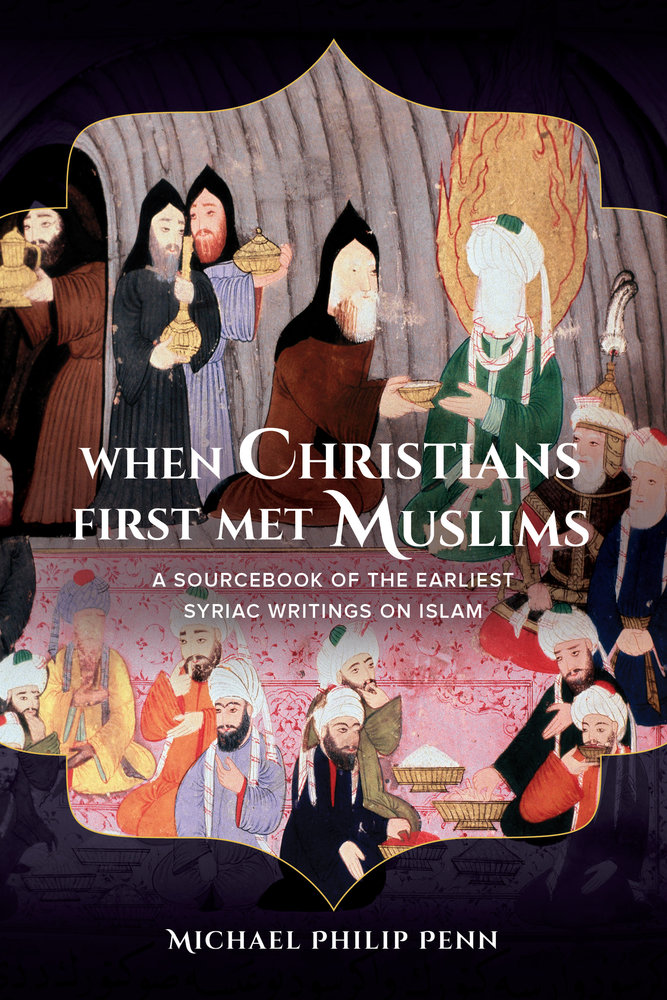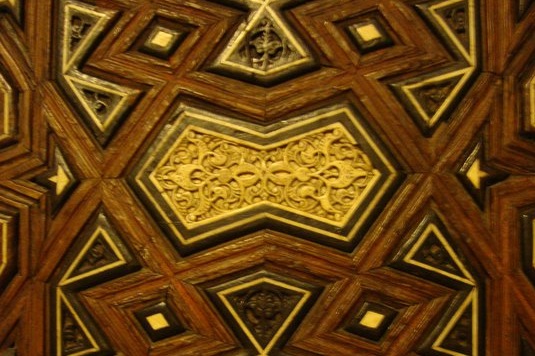New Publication—The Qur’an: A Guidebook
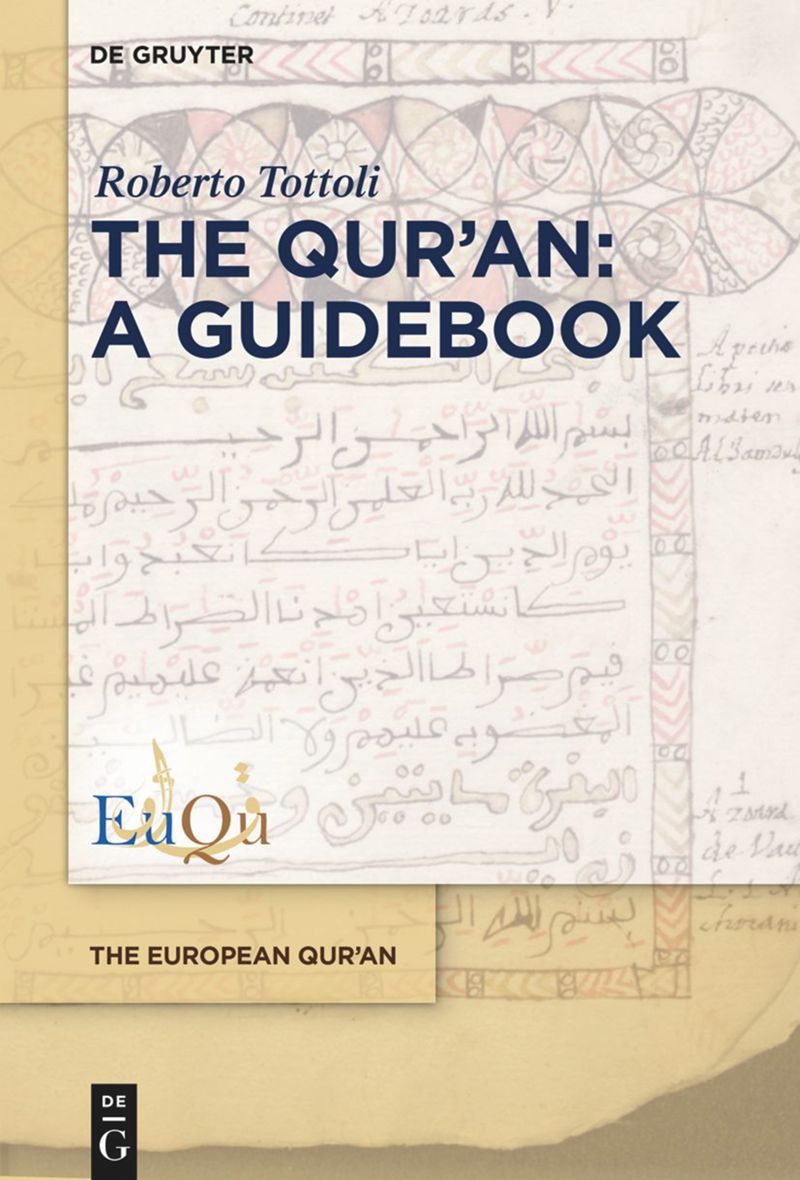 IQSA is excited to share the new publication of a book by Roberto Tottoli, Professor at the University of Naples, L’OrientaleI and IQSA member, The Qur’an: A Guidebook (De Gruyter 2023). The essay Reading and studying the Qur’an is an updated English version of the work appeared in Italian (Rome 2021) Leggere e studiare il Corano which deals with the contents of the Qur’an, the style and formal features of the text, the history and fixation of it and an poutline of the reception in Islamic literature.
IQSA is excited to share the new publication of a book by Roberto Tottoli, Professor at the University of Naples, L’OrientaleI and IQSA member, The Qur’an: A Guidebook (De Gruyter 2023). The essay Reading and studying the Qur’an is an updated English version of the work appeared in Italian (Rome 2021) Leggere e studiare il Corano which deals with the contents of the Qur’an, the style and formal features of the text, the history and fixation of it and an poutline of the reception in Islamic literature.
The aim of the work is to give a reader a description of what he/she can find in the Islamic holy text and the state of the critical debates on all the topics dealt with, focusing mainly on the growing scholarly literature which appeared in the last 30 years. As such, the work is unique in combining the aim to give comprehensive information on the topic and, at the same, time, reconstruct the critical debate in a balanced outline also emphasizing confessional approaches and the dynamics in the study of the Qur’an.
There is nothing similar in contemporary scholarship and the book is a handbook for students and scholars of Islam but also for readers in religious studies who need to know how the main questions related to the Islamic text have been discussed in recent scholarship.
Find more information about the book at this link.
ABOUT THE AUTHOR
Professor Robert Tottoli has a BA in Oriental Languages and Literatures from Venezia Ca’ Foscari (1988), and a PhD from Napoli L’Orientale (1996). He studied at Hebrew University in Jerusalem under the direction of M.J. Kister (1993-94), and then taught in Turin (1999-2002) and Naples L’Orientale since 2002, where he has worked as full professor in Islamic studies since 2011. He has been Visiting Researcher/Professor at Princeton University (2014), Harvard (2015), EHESS Paris (2016), Institute for Advanced Study Tokyo (2018), University of Pennsylvania (2019) and member of the Institute for Advanced Study in Princeton in 2016-17. Since 2019 he has been PI in the European project ERC-Synergy EUQU (The European Qur’an – cPI Mercedes Garcia-Arenal, Cisc, Madrid, PIs John Tolan, Nantes, Jan Lopp, Canterbury).
Prof. Tottoli has carried out research on biblical prophets in Islam (Biblical prophets in the Islamic tradition, Brescia, 1999, English translation 2002), he has dealt with Islamic literature in general and, more recently, with editions and translations of the Qur’an in the modern age (Ludovico Marracci at Work, written with R. Glei, Wiesbaden, 2016). He has translated several texts of Islamic literature into Italian (Malik, al-Muwatta’. Manual of Islamic Law, Turin, 2011, with which he won the King Abdullah ibn Abdulaziz International Award for Translation, 8th Section. 2015) and has edited works on Islam in the West (Routledge Handbook of Islam in the West, London, 2015) or on the history of Islamic civilization (The Wiley Blackwell History of Islam, Hoboken, 2018, edited with A. Salvatore, B. Rahimi). Since 2011 he has been writing about Islam for Corriere della Sera.

